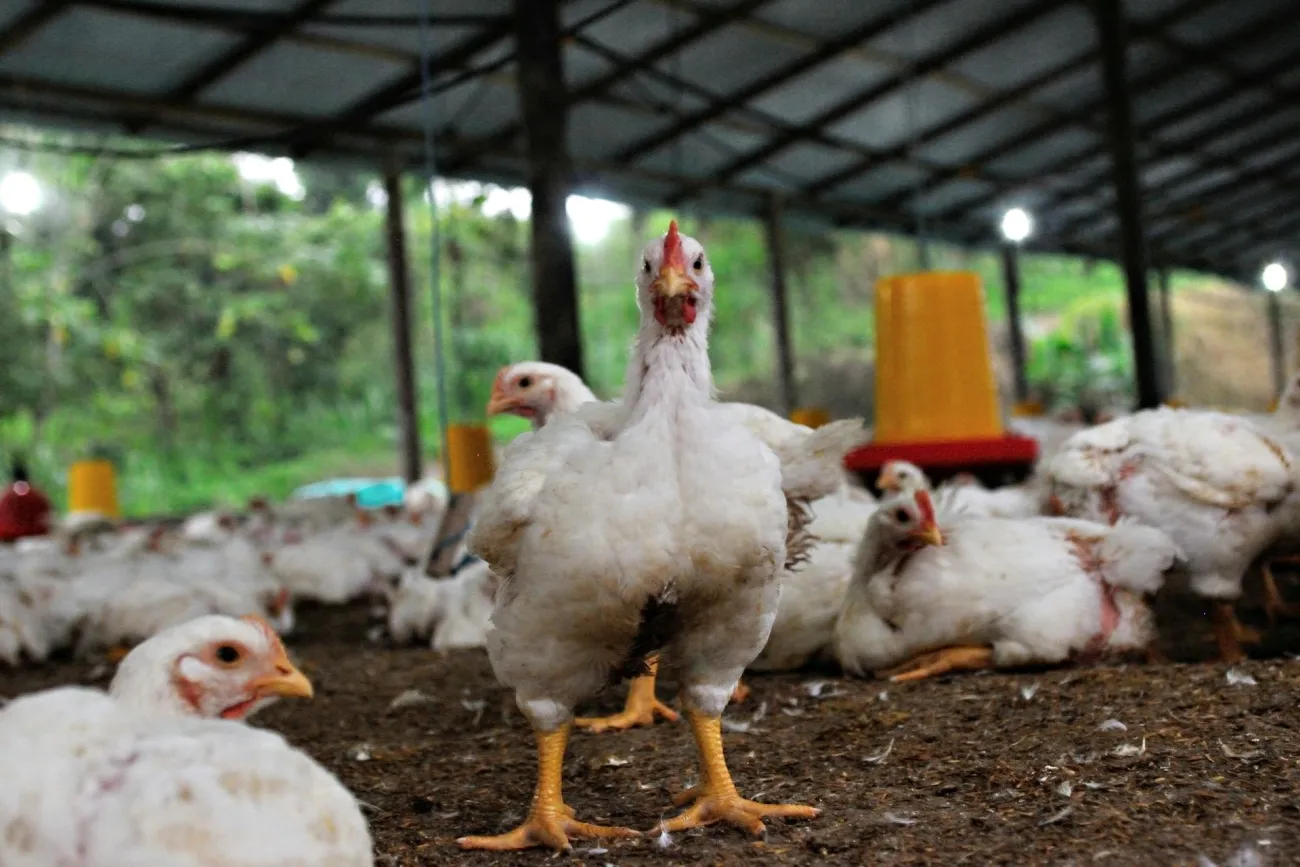This report by Grain examines the state of corporate concentration in six sectors critical to agriculture: commercial seeds, pesticides, synthetic fertilisers, farm machinery, animal pharmaceuticals and livestock genetics.
Publisher’s Summary
In this report, we examine the state of corporate concentration in six sectors critical to agriculture: commercial seeds, pesticides, synthetic fertilisers, farm machinery, animal pharmaceuticals and livestock genetics. Corporate consolidation has increased in most of these sectors and four of them-- seeds, pesticides, agricultural machinery and animal pharmaceuticals-- meet the definition of an oligopoly, in which four companies control more than 40% of a market.6 Concentration can be even higher at the national level, as is the case with synthetic fertilisers. In livestock genetics, where publicly available information is scarce, we focus on poultry - the largest sector within the meat industry – and its extreme and long-standing levels of corporate concentration.
This report also highlights corporate investment in new technologies, like digital platforms, artificial intelligence (AI) and gene editing, which are likely to deepen corporate power in the food system. It also looks at how they are buying up smaller companies in newly relevant sectors, and forging alliances with Big Tech companies and other corporations in the food sector to expand their dominance from seeds to supermarkets.7
Concentration gives corporations more power to dictate prices and lobby policy makers. They can use this power to disrupt scientific research, block regulations that protect people's health and the environment, and undermine democratic participation in the shaping of food systems.8 Concentration increases their ability to crush alternatives and ensure the expansion of a model of agriculture that is immensely profitable for them while being hugely destructive for people and the planet. The industrial food system is responsible for a third of global greenhouse gas emissions and it is the leading source of soil and water pollution and biodiversity loss.9 It destroys local food systems and economies, displaces peasants and indigenous peoples from their territories and forces them to migrate far from their homes. It is also built on the severe exploitation of workers.10
Actions are urgently needed to take down the monopoly power of these corporations and to get power back into the hands of the world's food producers, workers and consumers.




Comments (0)